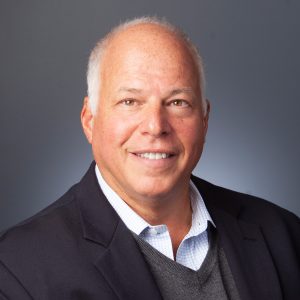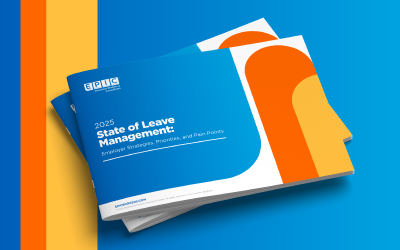Viewpoints from Craig Hasday
The market shuddered at the announcement of Haven Healthcare – the partnership between Amazon, JPMorgan Chase and Berkshire Hathaway. This powerful trio combined financial savvy with insurance and distribution expertise. Surely, they would meaningfully move the market. Well, so far – not so much. Healthcare indeed represents almost 20% of Gross Domestic Product (GDP), but it’s also true that the status quo is a powerful force, especially when combined with significant political lobbying clout adding to federal and state governmental pressure. It’s no wonder change is difficult to enact.
When Amazon bought PillPack in June 2018, it was clear that a foray into the retail distribution of pharmaceuticals was in the works.
So, it was somewhat of a surprise to me that the healthcare and retail drug chain stocks responded so harshly to the Amazon Pharmacy announcement in November. And this wasn’t Amazon’s first go. In 1999, Jeff Bezos bought into drugstore.com. Not a success. Drugstore.com was sold to Walgreens in 2011 and shut down in 2016.
There is no doubt that Amazon Pharmacy will bring price transparency into pharmacy costs.
Like most patients, I only find out the cost of a drug as I am handing my credit card across the counter. I am hopeful Amazon will include in their user interface lower-cost, alternative drug and generic substitution options which will promote consumerism. And, of course, Amazon’s direct primary care model, which was piloted with Crossover Health in July, will integrate the pharmacy purchasing experience.
But there are several high hurdles for Amazon to clear before they make a dent in pharmacy costs.
- Mail order doesn’t solve for the immediacy of a drug need for an urgent or emergent condition and, even with Whole Foods, Amazon doesn’t have the retail reach
- Specialty medication costs are approaching, and will soon exceed, 50% of spend. Less than half of specialty medications are dispensed in a retail setting and Amazon will have to work to figure this out
- 60% of Americans purchase drugs through their employer plans and there is a complex Pharmacy Benefit Manager (PBM) purchasing model in place which makes the value of modifying the purchase settings less important and also less apparent
Costco, another low-cost pharmacy retailer, has tried without a great deal of success to make inroads into both the PBM and direct retail space. While they haven’t made much progress in the employer/PBM space, they have impacted the senior (Medicare) market – and I have no doubt Amazon and Costco (and Walmart) are going to raise their fists for this market. Software as a service (SaaS) players like OneRx, which finds the lowest-cost purchase setting, will no doubt be challenged by the Amazon Pharmacy model.
Healthcare change is a tough nut to crack.
So far, I would give the edge to CVS-Aetna and their Health Hubs, but I very much like the pressure Amazon Pharmacy has added. It is only with real competition that we will get real change.
Check out more of our EPIC Resources:
Visit the EPIC coronavirus update center for COVID-19 information
Sign up for EPIC Newsletters in one convenient location
See results from our In It Together pulse surveys on our COVID-19 strategic collaboration and idea-sharing forum
EPIC offers these opinions for general information only. EPIC does not intend this material to be, nor may any person receiving this information construe or rely on this material as, tax or legal advice. The matters addressed in this article and any related discussions or correspondence should be reviewed and discussed with legal counsel prior to acting or relying on these materials.
Related Content
Products
Employee Benefits Consulting
Our dedicated benefits team is focused on delivering better outcomes – to both your benefits program and ...
Products
Benefits Technology
Our Benefits Technology Team guides employers through the sourcing, implementation, and optimization of ...
Products
Actuarial
Our Actuarial Team provides guidance on employee benefits and health and welfare programs to help meet ...



